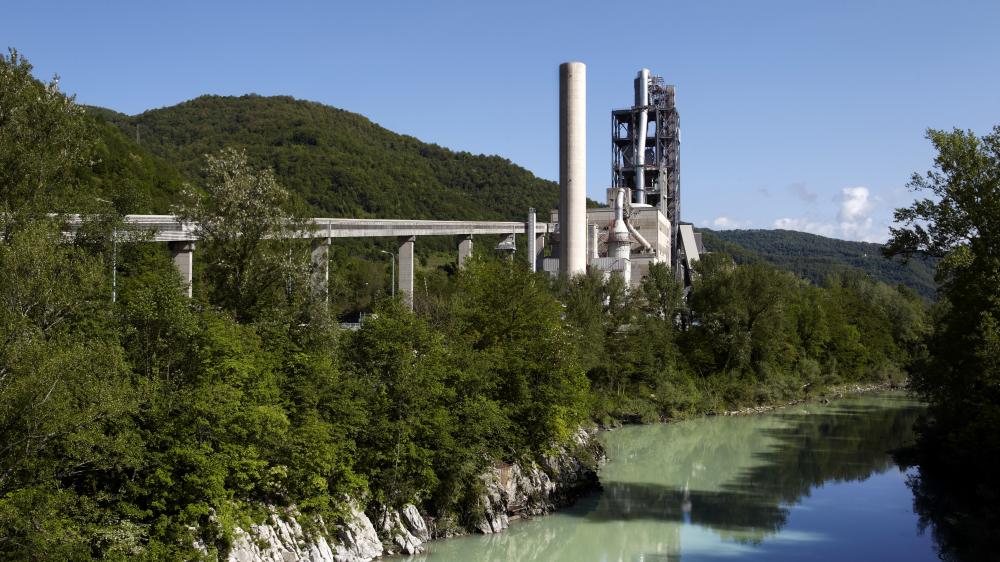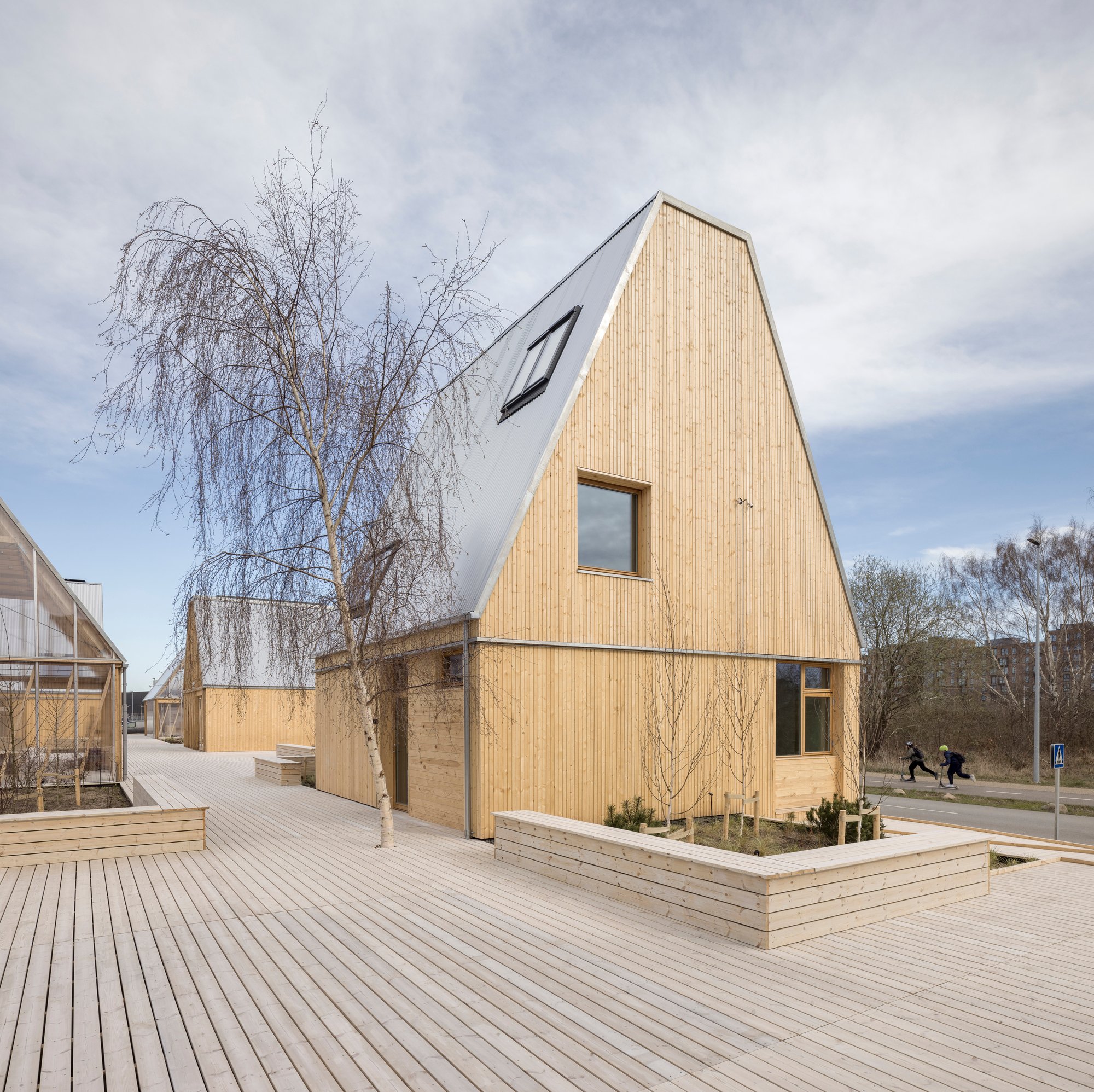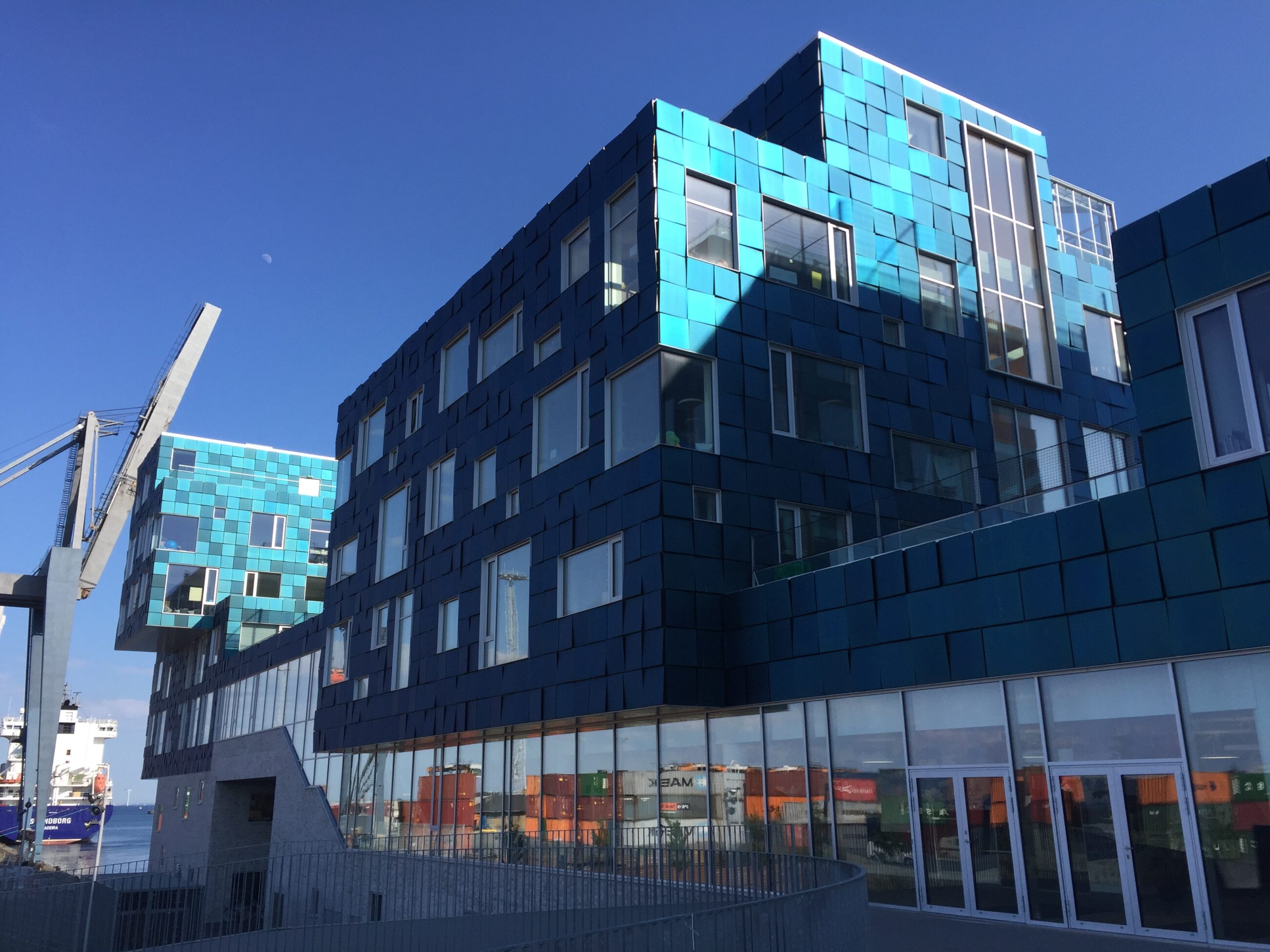News
Buildings
Circular building design
Energy efficiency in buildings
Danish public-private partnership develops climate-friendly solutions for the global construction industry


The production of insulating materials and cement requires high temperatures and therefore considerable amounts of energy that has often been provided by the combustion of coal. With the so-called ProBu project, ROCKWOOL, FLSmidth and the Technical University of Denmark (DTU) are analysing and developing alternatives that can increase energy efficiency and reduce the emissions of CO2, SO2 and NOx when producing materials for the construction industry.
“ROCKWOOL's products save significantly more CO2 than they emit. Calculations show that the building insulation we sold in 2018 over its lifetime will save 100 times as much CO2 as was emitted during the production of it. However, we are constantly working to develop our processes to find ways to reduce emissions of CO2 and other substances. One of the key elements of the ProBu project is that we must find more sustainable ways of melting stone and other raw materials”, said Programme Director, Dorthe Lybye, ROCKWOOL group.
-Related news: Danish scientists accelerate climate-friendly industrial production
By combining the companies' practical knowledge with new measurements and results from years of research at DTU, the trio reaches a deeper understanding of the processes in the high-temperature reactors.
The key to new solutions is more knowledge about the high-temperature processes from start to finish. Specifically, the ProBu project analyses alternative fuels (gas and waste), optimisation of cyclone reactors, alternative raw materials and 'simple', new technologies with high efficiency.
ROCKWOOL and FLSmidth are not competitors on the international market, so the project takes place in an open atmosphere in what Dorthe Lybye describes as 'an optimal trio'.
“When we draw on the synergies, we are able to sooner reach some sustainable solutions. By working with DTU, we get some of our knowledge put into equations so that we can better understand what is going on in our processes”, she said.
Making the cement and mining industries carbon-neutral by 2030
The experiences of ProBu is also important for the cement industry; a key industry when it comes to providing buildings and infrastructure for more and more people. The world's cement consumption is increasing as the world’s population moves towards better living conditions.
The cement industry now accounts for about eight per cent of the world's CO2 emissions, which is twice as much as the airline industry. If other industries live up to the Paris Agreement, the cement industry’s portion of emission is likely to increase.
“In a few years, it will be much more than eight per cent if we do not get more momentum on the development of sustainable solutions”, said Lars Skaarup Jensen, R&D Specialist and Project Manager at FLSmidth, who just launched the MissionZero strategy that aims to make the cement and mining industries carbon-neutral by 2030.
-Related project: Low-Energy CEMents for sustainable concrete
Research and new product development
FLSmidth does not manufacture cement itself, but supplies process plants, machines and services to the global market. According to Lars Skaarup Jensen, FLSmidth strives to be at the forefront of sustainable development and at the same time make the new solutions fit into the customers' worldview.
With the ProBu project, FLSmidth hopes, among other things, to develop solutions that address the CO2 that results from burning limestone and the CO2 that comes from the production of process heat in the burning of coal and oil. The combustion of limestone account for two-thirds of the industry's CO2 emissions; the fossil fuels for the remaining one-third.
“The project has a significant research element but new products will also emerge from the collaboration”, Lars Skaarup Jensen said.
A greener production of cement and insulation material can provide climate and environmental benefits worldwide - and strengthen Danish exports.
'ProBu - Process technology for sustainable building materials production' has a budget of EUR 7.2 million. Of this, the Danish Innovation Fund supports EUR 2.7 million.
In a new industry plan, "Sustainable Concrete Initiative" (in Danish), the Danish concrete industry presents 37 specific proposals on how to reduce CO2 emissions from start to finish. The industry plans to halve CO2 emissions from concrete construction over the next 10 years.
Source
Danish Energy (in Danish)
Photo: FLSmidth
You should consider reading
solutions
Energy efficiency in buildings
+2















